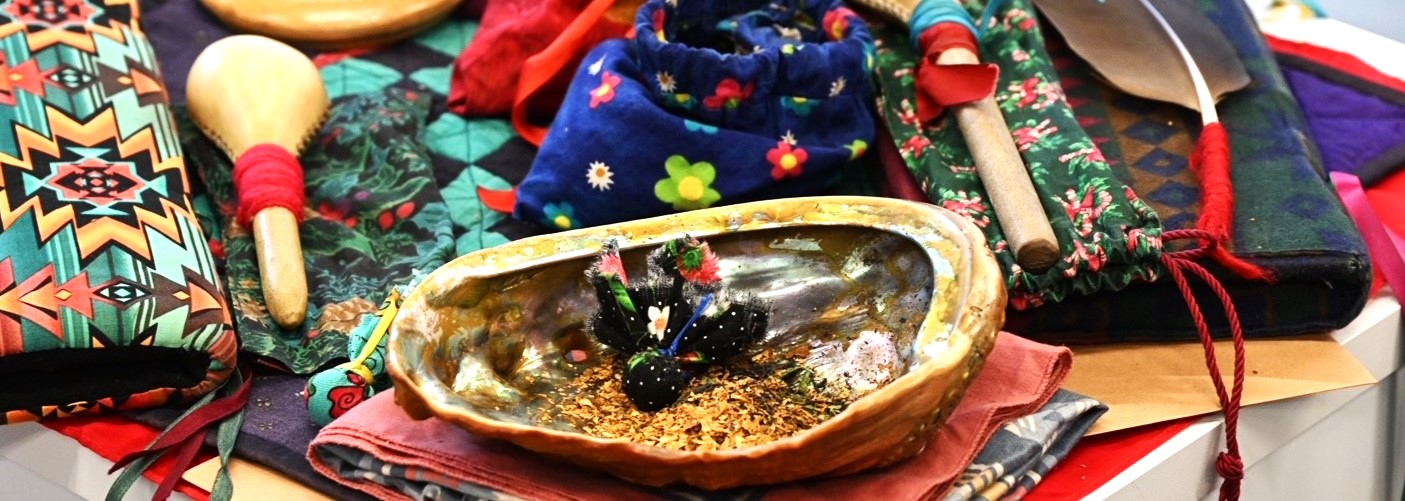With the new School of Medicine underway, the Indigenous Primary Health Care Council (IPHCC) has signed a relationship agreement with York in order to address the harmful impacts of colonial practices on Indigenous health.
The agreement does not commit to any specific initiatives, but outlines the areas where the university and IPHCC can collaborate to advance Truth and Reconciliation Commission (TRC) calls to action.
According to David Peters, the dean of the Faculty of Health at York, the agreement has been a work-in-progress since the provincial government approved the $9 million funding for the School of Medicine.
“The main issue for both sides is about building a good relationship of mutual trust and benefit, and how to do it,” says Peters.
Among other calls to action, the TRC calls upon those who can affect change in the healthcare system to “identify and close the gaps in health outcomes between Aboriginal and non-Aboriginal communities,” “provide sustainable funding for existing and new Aboriginal healing centres,” “recognize the value of Aboriginal healing practices and use them in the treatment of Aboriginal patients,” and “increase the number of Aboriginal professionals working in the health-care field.”
To address these concerns, the relationship agreement proposes joint curriculum development and research of community healthcare, meaningful postgraduate placements for Indigenous students, and developing pathways programs to help Indigenous learners enter health professions.
The TRC also calls to mandate Aboriginal health issues education, including the history and legacy of residential schools for medical students.
According to Peters, experts in Indigenous health education will be brought in to develop the Indigenous health curriculum for all students and staff.
“Students in our School of Nursing already take a series of courses dealing with Indigenous health issues, including the history and legacy of residential schools,” Peters says.
However, across all of York’s campuses, only one course currently focuses on Indigenous content — HH/NURS 4370: The History and Health of Indigenous Individuals, Families and Communities. Students are required to receive a C+ in the course to receive a Bachelor of Science in Nursing.
The agreement also seeks to protect Indigenous self-determination in data collection and sharing. Under its terms, the IPHCC is obligated to clarify for the Knowledge Keepers the purposes of data collection and to protect traditional knowledge from cultural appropriation.
“As Canadian laws develop, IPHCC and York University acknowledge that Indigenous data needs protection in a way that is similar to Personal Health Information (PHI),” the agreement states, reasserting Indigenous peoples’ right to control all records pertaining to them.
Before the signing of the agreement, Knowledge Keeper Elder Jacqueline Lavaille and Firekeeper Dr. Hopi Lovell led a traditional ceremony to undertake the work with positive intention.
Now that the foundation has been laid, the real work begins for the university to advocate for Indigenous self-governance and embrace Indigenous knowledge at the new School of Medicine.




